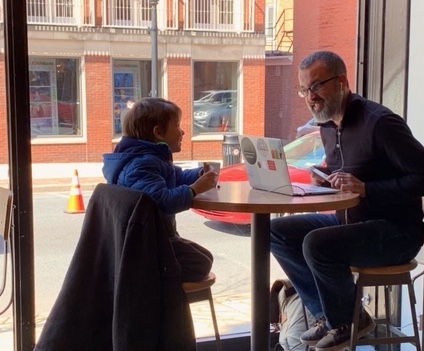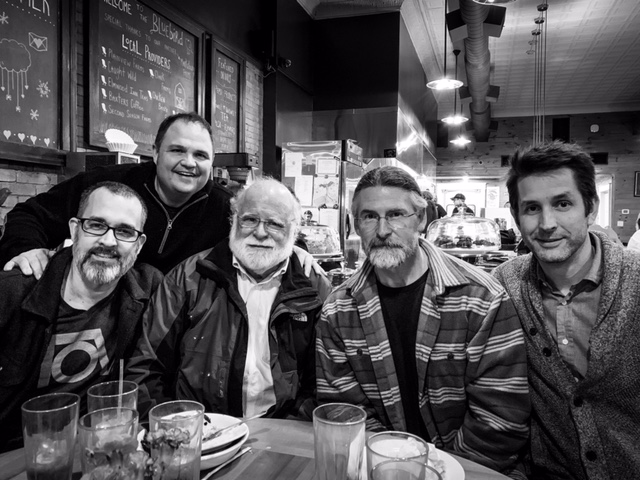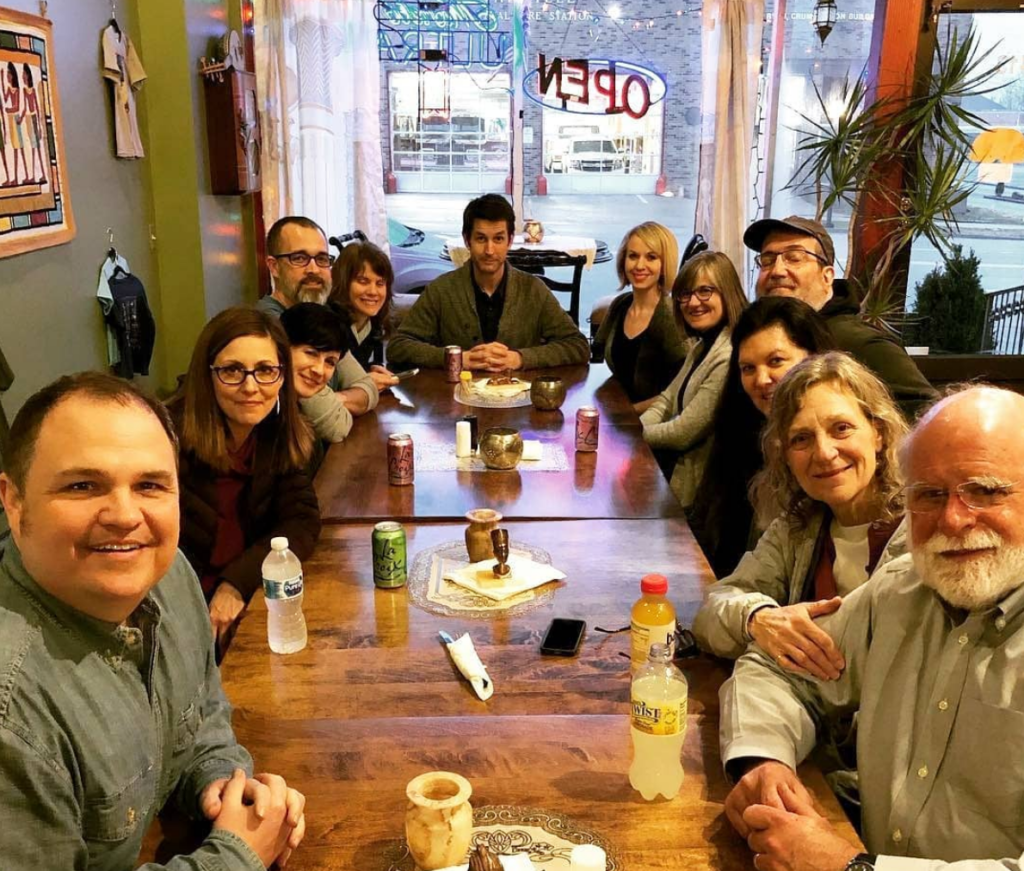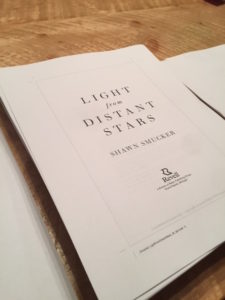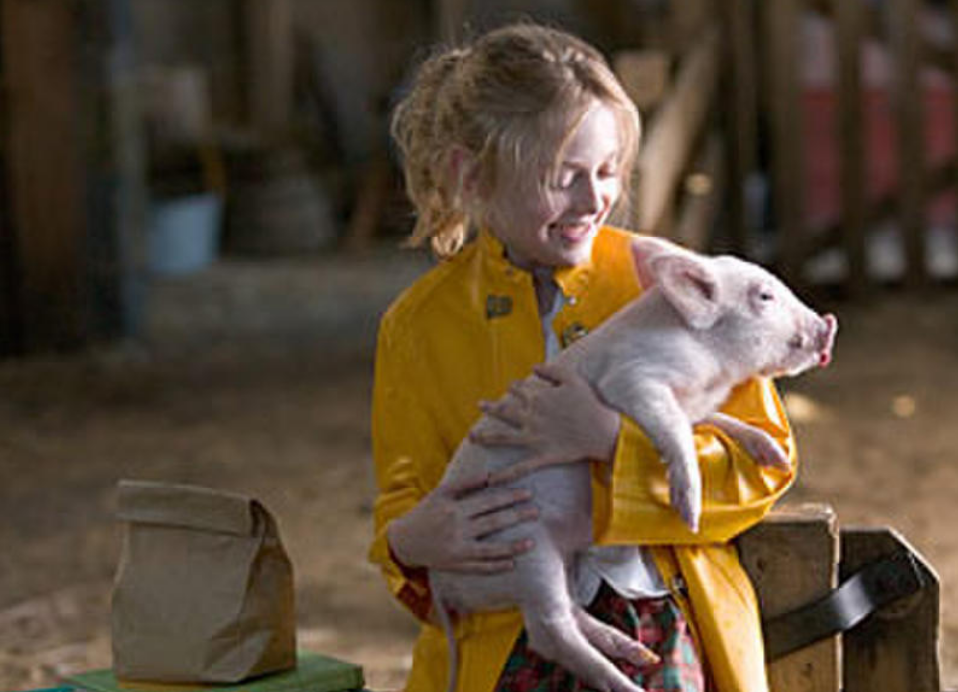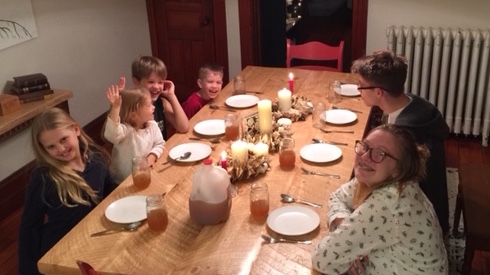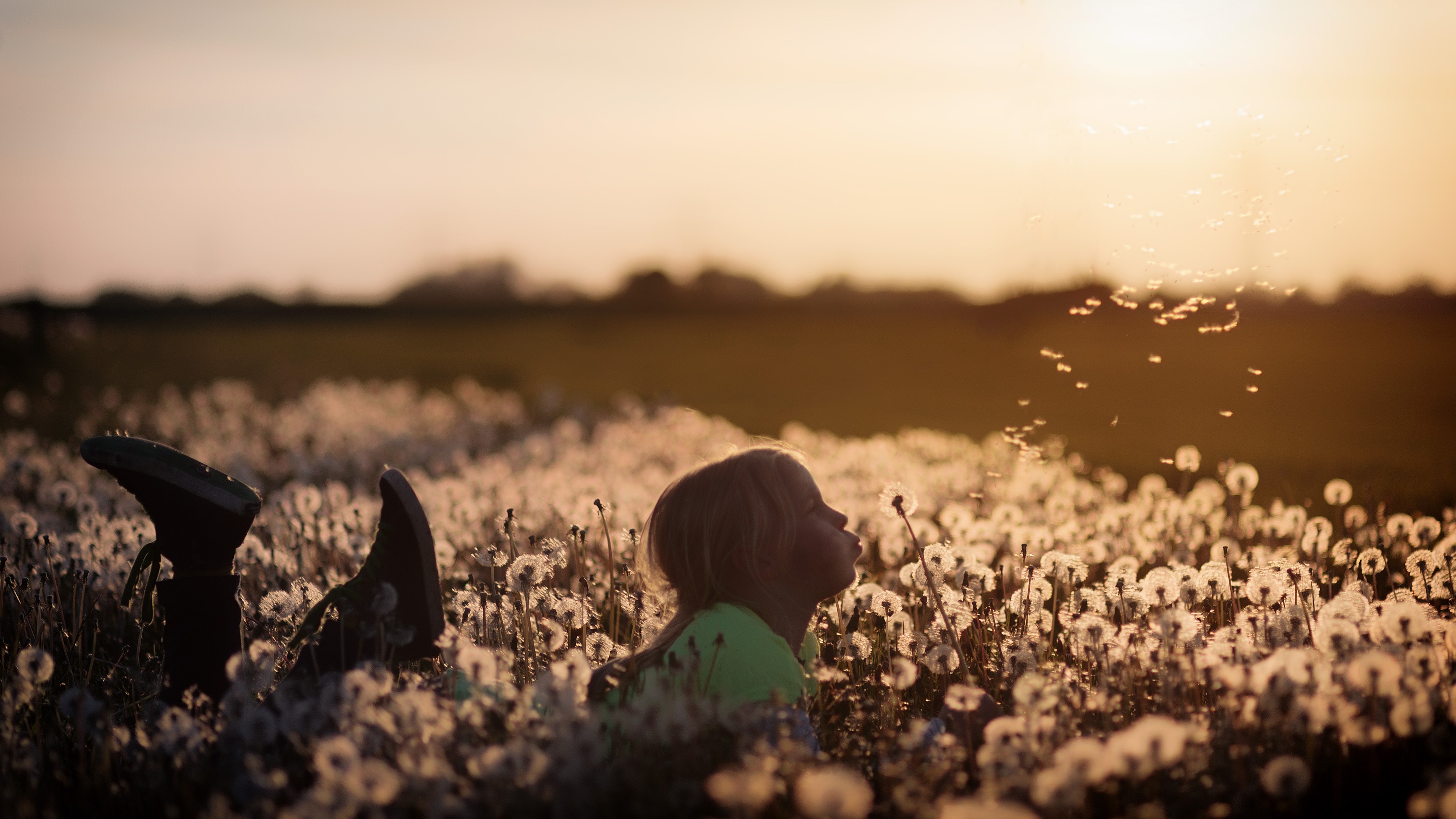
Nearly two weeks ago, we went to a funeral for our friend’s father. We took Leo and Poppy along because the other kids were at school and no one was available to watch them. They are four years old and two years old. We sat in the very back row, and during the service they mostly colored and played with some toys we brought and asked how much longer it would be.
Although I was not directly related to the man who had died, the church was filled with my people–first and second cousins, aunts and uncles, great-aunts and great-uncles, close friends. Even though there were a few hundred people there, it would not have taken long to figure out how I was connected to nearly every person.
Maile leaned over and whispered into my ear, “There’s something really special about this community.” And she’s right. My ancestors have lived in this area for thirteen generations. I show up at gatherings and meet distant cousins I hadn’t met before. I feel connected to this place, this dirt, these fields and trees and churches and cemeteries.
In this community of Lancaster, death brings us together. Yes, we weep for those who have left us. Sometimes desperately. The sense of what has been lost can feel overwhelming. But when we come together to remember the person who has gone, and we sit there among so many generations, so many families, so many stories, there is a kind of healing that takes place. It is hard to explain, this aching wholeness.
The family whose father had died, they were a singing family, and at one point we all sang together.
I’ll fly away in the morning
When I die, Hallelujah by and by
I’ll fly away
* * * * *
Later that night, I was putting Leo to bed, and he asked me if I was going to die.
“Probably not today. But we all die someday,” I told him quietly. It is hard to look at a four-year-old and imagine that this is true.
“But what happens when we die?” he asked, his voice tremulous, afraid to explore this new ground but helpless to turn away from his own curiosity.
“The Bible says that when we die, we go to be with God. We won’t be here anymore. We won’t be in pain. We’ll be with God.”
He sat there for a moment, very still, and then he looked at me with mournful eyes. “I don’t want to die. I like it here, with you. I like our house. I don’t want to leave.”
“You don’t have to worry about that today,” I said, but he wasn’t convinced. He pushed his face against my chest and said it again, this time in a whisper.
“I don’t want to die. I like it here.”
* * * * *
About a week after the funeral, Leo needed to have a minor surgery for which he would have to be put under with anesthesia. The night before the surgery I took him up to bed once again. I was feeling emotionally fragile in the face of our little boy going under the knife. I sang him his normal songs, and then he asked for his favorite.
“Dad, can you sing about the river?”
There is a river we must cross over,
When life’s sun goes to sleep in the west;
There’ll be a light for me at the crossing,
Guiding me to that home of sweet rest.
I could barely get the words out. I tucked my face in tight against his tiny shoulder and sang, the words catching in my throat. It is a beautiful thing, the ways that we comfort each other.
* * * * *
Fast forward two days after his surgery.
There is something that tears inside of you when your child is screaming in pain and you’re holding them down so that you can change the dressing on their wound. There is something unnatural about inflicting pain on your own child, even when you know it must be done, that it’s for their good.
Later, after we had all cried, after we sat in the new quiet still sweating from the distress, after the dressing had been changed and he was lying comfortably on the sofa hiccuping sobs, tiny bird sounds, Leo looked up at me.
“You had to put the bandage right at the top of my pain,” he said quietly. It was not an accusation. It was simply a statement of fact.
“I’m so sorry, buddy,” I said. “I don’t like doing that.”
“It’s okay. I’m sorry I kicked mama. I’m sorry I screamed at you.”
* * * * *
Now, it’s Sunday morning, and a low gray sky has pushed away yesterday’s blue. Maile’s mom is in town, always a pleasure, and she is on the front porch with the kids, all of them drinking coffee, watching the cars go by on James Street. I am alone in the dining room. Soon, we will get ready for church.
There is something about the last two weeks that seems crucial, something about funerals and not wanting to die, surgeries and dressings over painful wounds that must nevertheless be changed, and trying to sing songs that catch in our throats. There is something about pain and life and lullabies that I’m beginning to grasp.
I feel it now in new ways, the connection between pain and healing, singing and dying. We are, all of us, trying not to die, trying to be okay with dying. We are, all of us, trying to heal, trying to avoid the pain of healing. I think we need to have more grace for each other. I think we need to try to remember that all of us carry our wounds with us into the world.

